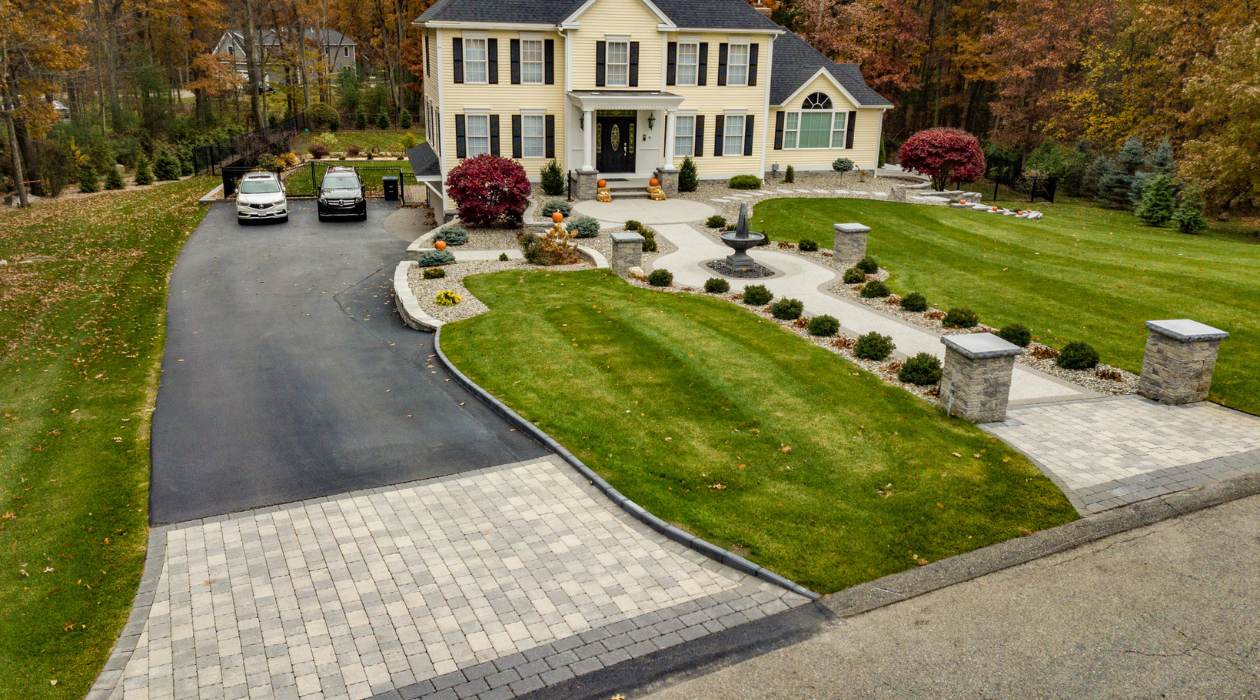

Articles
How Much Does It Cost To Pave A Driveway
Modified: November 1, 2024
Looking for articles about the cost to pave a driveway? Discover expert insights and find out the average expenses associated with this home improvement project.
(Many of the links in this article redirect to a specific reviewed product. Your purchase of these products through affiliate links helps to generate commission for Storables.com, at no extra cost. Learn more)
Introduction
Having a well-paved driveway not only enhances the curb appeal of your property but also provides a smooth and functional surface for your vehicles. However, before embarking on a driveway paving project, it’s important to understand the costs involved. The cost of paving a driveway can vary depending on several factors, including the type of material used, the size of the driveway, and the complexity of the installation process.
In this article, we will explore the various factors that can affect the cost of paving a driveway and delve into the different options available. Whether you’re considering an asphalt, concrete, gravel, or paver driveway, we’ll provide you with valuable insights to help you make an informed decision.
Before we dive into the specifics, it’s important to note that while cost is an important consideration, it shouldn’t be the only factor influencing your decision. The longevity, maintenance requirements, and visual appeal of the material should also be taken into account to ensure that you choose the most suitable option for your needs.
Now, let’s explore the factors that can impact the cost of paving a driveway.
Key Takeaways:
- Paving a driveway involves considering material costs, labor, and additional expenses. Understanding the pros and cons of asphalt, concrete, gravel, and pavers helps in making an informed decision that fits your budget and long-term goals.
- To minimize driveway paving costs, compare quotes, optimize driveway size, and choose cost-effective materials. Proper site preparation, DIY tasks, and regular maintenance can save money without compromising quality.
Read more: How Long Does It Take To Pave A Driveway
Factors Affecting Driveway Paving Costs
When it comes to paving a driveway, there are several factors that can influence the overall cost. It’s essential to consider these factors to get an accurate estimate and make an informed decision. Let’s take a closer look at some of the key elements that can impact the cost of driveway paving:
- Size of the Driveway: The size of the driveway is one of the primary determinants of the cost. Naturally, a larger driveway will require more materials and labor, making it more expensive to pave. Additionally, irregularly shaped driveways or those with intricate designs may also increase the complexity and cost of the project.
- Type of Material: The type of material chosen for the driveway is another crucial factor. Asphalt, concrete, gravel, and pavers all have different cost considerations. Asphalt is generally the most cost-effective option, while concrete tends to be more expensive. Gravel is often the least expensive, but it may require more frequent maintenance and regrading.
- Site Preparation: Proper site preparation is essential for a successful driveway paving project. If the area requires extensive excavation, grading, or removal of existing materials, it can significantly add to the overall cost. Factors such as the condition of the soil, the presence of tree roots, or the need for drainage solutions can also affect the preparation costs.
- Accessibility: The accessibility of the site can impact both material and labor costs. If the driveway location is difficult to access or requires special equipment, it may increase the total cost of the project. Factors such as proximity to the road, obstacles in the way, or limited parking space for construction vehicles can add to the expenses.
- Regional Factors: The cost of driveway paving can vary depending on your location. Factors such as local material availability, labor rates, and transportation costs can differ from one region to another. It’s advisable to gather quotes from local paving contractors to get a clear idea of the cost specific to your area.
By considering these factors and obtaining multiple quotes, you can better understand the potential costs associated with your driveway paving project. Next, let’s delve into the specific costs of materials used in driveway paving.
Cost of Materials
The cost of materials is a significant component of the overall expense when it comes to paving a driveway. Different materials have varying price points, and understanding these costs can help you make an informed decision. Let’s take a closer look at the common driveway paving materials and their associated costs:
- Asphalt: Asphalt is a popular choice for driveways due to its durability and affordability. The cost of asphalt can range from $2 to $5 per square foot, depending on factors such as the quality of the asphalt mix, thickness of the pavement, and local market conditions. Keep in mind that additional costs like sealcoating may be required to ensure the longevity of the asphalt driveway.
- Concrete: Concrete driveways offer exceptional longevity and a clean, modern look. However, they tend to be more expensive compared to other materials. The cost of concrete can range from $4 to $15 per square foot, depending on factors such as the complexity of the design, decorative finishes, and reinforcement requirements. It’s worth noting that the initial investment in concrete can be higher, but the long-term maintenance costs are relatively low.
- Gravel: Gravel driveways are the most affordable option, making them a popular choice for homeowners on a budget. The cost of gravel typically ranges from $1 to $3 per square foot, depending on factors such as the type of gravel used and the depth of the layer. While gravel is a cost-effective solution, it does require regular maintenance, such as regrading and replenishing the gravel to ensure proper drainage and stability.
- Pavers: Paver driveways offer versatility, durability, and an attractive appearance. The cost of paver materials varies significantly depending on factors such as the type of paver used (concrete or natural stone), the design complexity, and the brand. On average, pavers can cost between $8 and $15 per square foot, making them a higher-end option. However, their longevity and aesthetic appeal can make them a worthwhile investment.
It’s important to note that these cost estimates are approximate and can vary depending on your location and specific project requirements. Additionally, there may be additional costs associated with each material, such as delivery fees, waste disposal, or the need for additional base and subbase materials.
Now that we’ve explored the costs of materials, it’s time to discuss the labor costs involved in driveway paving.
Cost of Labor
When it comes to driveway paving, the cost of labor is a significant factor to consider. Hiring professionals to handle the installation ensures a high-quality and long-lasting result, but it does come with a price. The labor costs can vary depending on factors such as the complexity of the project, the region, and the contractor’s pricing structure. Let’s dive into the different aspects of labor costs:
- Preparation and Excavation: The labor costs associated with site preparation and excavation are an important consideration. This includes tasks such as clearing vegetation, removing existing materials, grading the area, and ensuring proper drainage. The complexity of the preparation work will impact the labor costs, with more time-consuming or challenging projects requiring higher fees.
- Paving and Installation: The labor costs for the actual paving and installation process depend on the chosen material and the size of the driveway. Different materials require specific techniques and expertise to ensure a smooth and durable surface. For example, asphalt paving may require specialized equipment and trained professionals to achieve the desired results. The intricacy of the design or pattern, if applicable, can also add to the labor costs.
- Finishing and Cleanup: Once the driveway is paved, there are additional labor costs associated with finishing touches and cleanup. This includes tasks such as edging, sealing, and removing any debris or excess materials from the site. The attention to detail during the finishing stage contributes to the overall quality and appearance of the driveway.
The labor costs for driveway paving are typically calculated on a per-square-foot basis. This rate may vary depending on the contractor, location, and the complexity of the project. On average, labor costs can range from $3 to $7 per square foot. Keep in mind that these estimates may not include any additional services, such as excavation or removal of old materials, which may incur extra charges.
It’s important to obtain multiple quotes from reputable contractors to compare labor costs and ensure you’re getting a fair price. Remember, hiring skilled professionals with experience in driveway paving is crucial to guarantee a high-quality and long-lasting result.
Now that we’ve discussed the cost of labor, let’s explore any additional costs you should consider for your driveway paving project.
Additional Costs
When budgeting for a driveway paving project, it’s important to be aware of any additional costs that may arise. These extra expenses can vary depending on the specific project requirements and the condition of your property. Let’s take a closer look at some common additional costs associated with driveway paving:
- Permits and Inspections: Depending on your local regulations, you may need to obtain permits for driveway construction or undergo inspections throughout the process. These permits and inspections may come with corresponding fees that need to be factored into your budget.
- Site Preparation: In some cases, additional site preparation may be necessary before paving the driveway. This could involve tasks such as removing trees or vegetation, addressing drainage issues, or adjusting the grade of the land. The costs associated with these preparations may vary depending on the extent of the work required.
- Edge Restraints: Edge restraints are important elements that help to keep the paving materials in place and prevent shifting or spreading over time. Depending on the chosen material for your driveway, you may need to invest in edge restraints, such as curbs or paver edging, which could add to the overall cost.
- Sealcoating and Maintenance: While not an immediate cost, it’s important to consider the long-term maintenance expenses for your driveway. For materials like asphalt, periodic sealcoating is crucial for protecting against deterioration and extending its lifespan. Additionally, all driveway materials will require routine maintenance, such as cleaning, repairs, and crack filling, which may involve additional costs over time.
- Landscaping and Restoration: During the driveway construction process, your landscaping or lawn may be disrupted. It’s important to budget for any necessary landscape restoration or repairs that may be required once the driveway is completed. This may include reseeding or re-sodding areas, installing new plants or shrubs, or adjusting irrigation systems.
It’s crucial to factor in these additional costs when estimating the total expenses for your driveway paving project. Failure to account for these expenses upfront could lead to unexpected financial burdens down the line. Additionally, obtaining detailed quotes from paving contractors will help you identify any potential additional costs specific to your project.
Now that we’ve discussed the additional costs, let’s explore the different types of driveway paving options available to you.
Read more: How Much Does It Cost For A Paver Driveway
Types of Driveway Paving Options
When it comes to driveway paving, there are several options available to suit different preferences and budgets. Each type of paving material has its own unique characteristics, durability, and aesthetic appeal. Let’s explore the most common types of driveway paving options:
- Asphalt Driveways: Asphalt driveways are a popular choice due to their affordability, ease of installation, and durability. Asphalt provides a smooth and sleek surface for vehicles and is resistant to cracking and weather damage. It is also relatively low-maintenance, requiring occasional sealcoating and repairs. Asphalt driveways can be customized with different finishes and colors, making them a versatile option for homeowners.
- Concrete Driveways: Concrete driveways offer a more modern and elegant look. They are strong, long-lasting, and can handle heavy loads. Concrete is typically more expensive than asphalt, but it provides a superior finished appearance and requires minimal maintenance. With proper care and occasional sealing, a concrete driveway can last for several decades.
- Gravel Driveways: Gravel driveways are one of the most cost-effective options and are suitable for those on a budget. They consist of a layer of crushed gravel, which is then compacted to form a stable surface. Gravel driveways provide good traction and allow for proper drainage. However, they do require regular maintenance, such as regrading and adding more gravel to keep the surface level and prevent erosion.
- Paver Driveways: Paver driveways are highly customizable and offer a wide range of design options. Pavers are available in various materials, including concrete and natural stone, and come in different shapes, sizes, and colors. Paver driveways are known for their durability, aesthetic appeal, and easy repairability. While they may be more expensive upfront, their long lifespan and ability to withstand heavy loads make them a worthwhile investment.
When choosing the right driveway paving option, it’s important to consider factors such as your budget, the architectural style of your home, the desired aesthetic, and the long-term maintenance requirements. Consulting with a professional paving contractor can help you understand the pros and cons of each option and make an informed decision.
Now that we’ve explored the types of driveway paving options available, let’s compare the costs of these different options.
Asphalt Driveways
Asphalt driveways are a popular choice for homeowners due to their affordability, durability, and ease of installation. They offer a smooth and sleek surface that is ideal for vehicles and can withstand heavy loads. Let’s take a closer look at the benefits and considerations of choosing an asphalt driveway:
Benefits of Asphalt Driveways:
- Affordability: Asphalt is generally more cost-effective compared to other driveway paving materials. The initial installation cost is lower, making it a popular choice for homeowners on a budget.
- Durability: Asphalt is a durable material that can withstand harsh weather conditions, such as extreme temperatures and heavy rainfall. It is resistant to cracking and can handle the weight of vehicles without significant damage.
- Quick Installation: The installation process for an asphalt driveway is relatively quick compared to other materials. Once the site is prepared, hot asphalt mix is applied and compacted, allowing for a smooth surface in a short amount of time. This minimizes the disruption to your daily routine.
- Easy Maintenance: Asphalt driveways require minimal maintenance. Regular sealcoating every few years helps to protect the surface from oxidation, UV damage, and water penetration. Periodic crack filling and repairs can further extend the lifespan of the driveway.
- Customizable Appearance: Asphalt driveways can be customized with various finishes and colors. You can choose to have a traditional black appearance or opt for colored asphalt to enhance the aesthetic appeal and complement your home’s architecture.
Considerations for Asphalt Driveways:
- Sealcoating: While asphalt is durable, it is still susceptible to wear and tear over time. To prolong its lifespan and maintain its appearance, regular sealcoating is necessary. This involves applying a protective sealant to the surface of the driveway every few years.
- Maintenance: While maintenance for asphalt driveways is relatively simple, occasional repairs may be required. Over time, small cracks may develop, and these should be filled promptly to prevent them from expanding and causing more significant damage.
- Heat and Cold: Extreme temperatures can affect the performance of asphalt driveways. In very hot climates, the asphalt may become softer, leading to potential tire marks or indentation from heavy vehicles. In colder regions, freeze-thaw cycles can cause expansion and contraction, leading to cracks.
- Oil Stains: Asphalt driveways are susceptible to oil stains, which can be a challenge to remove. It’s important to clean any spills or leaks promptly to minimize the risk of permanent stains.
Overall, asphalt driveways offer an affordable and durable option for homeowners. They provide a smooth and functional surface for vehicles and can withstand the test of time with proper maintenance. Consulting with a professional paving contractor can help determine if an asphalt driveway is the right choice for your specific needs.
Now that we’ve explored asphalt driveways, let’s discuss another popular option—concrete driveways.
When calculating the cost to pave a driveway, consider factors such as the size of the driveway, the type of paving material, labor costs, and any additional features like edging or sealing. It’s also important to get multiple quotes from reputable contractors to ensure you’re getting a fair price.
Concrete Driveways
Concrete driveways are a popular choice for homeowners who want a durable and visually appealing option. Concrete offers a range of benefits that make it an attractive choice for driveways. Let’s take a closer look at the benefits and considerations of choosing a concrete driveway:
Benefits of Concrete Driveways:
- Durability: Concrete driveways are known for their durability and ability to handle heavy loads. They can withstand the weight of multiple vehicles without significant damage, making them a long-lasting option.
- Aesthetic Appeal: Concrete driveways offer a clean and modern look that can enhance the curb appeal of your property. They come in a variety of finishes, textures, and colors, allowing for customization to match your home’s architectural style and personal preference. Decorative options such as stamped or stained concrete can create unique designs and patterns.
- Low Maintenance: Concrete driveways require minimal maintenance compared to other materials. Regular sweeping and occasional power washing are usually sufficient to keep the surface clean. Sealing the concrete every few years helps protect it from stains, moisture, and weathering.
- Longevity: When properly installed and maintained, concrete driveways can last for several decades. They are resistant to rust, erosion, and the effects of UV radiation, providing a reliable and long-lasting surface for your vehicles.
- Temperature Resistance: Concrete driveways perform well in extreme temperatures. They can withstand freezing and thawing cycles without significant damage. Additionally, concrete’s light color helps to reflect sunlight, reducing heat absorption and minimizing heat-related issues during hot summers.
Considerations for Concrete Driveways:
- Higher Initial Cost: Concrete driveways tend to have a higher upfront cost compared to other materials. The cost can vary depending on factors such as the surface area, design complexity, decorative finishes, and reinforcement requirements. However, the long-term durability and low maintenance needs can offset the initial investment.
- Potential for Cracking: While concrete is known for its durability, it is not immune to cracking. Factors such as extreme temperature fluctuations, tree root growth, or improper installation techniques can contribute to the development of cracks. However, addressing cracks promptly and conducting regular maintenance can prevent them from spreading and causing further damage.
- Curing Time: Concrete driveways require proper curing time before they can withstand heavy loads and vehicular traffic. During this time, it’s important to avoid parking vehicles or placing heavy objects on the surface to prevent damage to the newly poured concrete.
- Staining Potential: While concrete driveways are generally stain-resistant, certain substances such as oil or chemicals can potentially leave permanent marks. Prompt cleaning and sealing can help prevent staining, but it’s important to address spills and stains as soon as possible.
Overall, concrete driveways offer a durable and visually appealing option for homeowners. They can withstand heavy loads, provide customizable design options, and require minimal maintenance. Consider consulting with a professional paving contractor to explore the possibilities of a concrete driveway for your property.
Now that we’ve explored concrete driveways, let’s discuss another popular option—gravel driveways.
Gravel Driveways
Gravel driveways are a popular and cost-effective option for homeowners, offering a rustic and natural look with practical benefits. Gravel driveways consist of a layer of crushed stones or gravel that is compacted to create a stable surface. Let’s explore the benefits and considerations of choosing a gravel driveway:
Benefits of Gravel Driveways:
- Affordability: Gravel driveways are generally the most budget-friendly option compared to other paving materials. The cost of gravel is relatively low, making it an economical choice for homeowners.
- Customizable: Gravel driveways offer versatility in terms of design and customization. You can choose from a variety of gravel types, sizes, and colors to create a unique look that matches your home’s aesthetic. Additionally, gravel can be easily combined with other materials for decorative or functional purposes.
- Good Drainage: Gravel driveways provide excellent drainage as water can pass through the gaps between the stones, preventing pooling and potential damage caused by standing water. This makes gravel driveways suitable for areas with heavy rainfall or poor drainage systems.
- Low Maintenance: Gravel driveways require relatively low maintenance compared to other materials. Periodic grading, regrading, and adding additional gravel may be necessary to maintain a level surface and prevent erosion. However, these maintenance tasks are relatively simple and can be done DIY or by hiring a professional.
- Easy Installation: Installing a gravel driveway is often quicker and less labor-intensive compared to other materials. The process typically involves removing vegetation and debris, leveling the area, adding a layer of gravel, and compacting it to create a stable surface.
Considerations for Gravel Driveways:
- Maintenance: While gravel driveways require less maintenance overall, they do require regular upkeep to ensure functionality and appearance. Over time, gravel may shift, spread, or develop uneven areas that need to be addressed by grading or regrading. Weeds and vegetation may also grow through the gravel and require periodic removal.
- Dust and Erosion: Gravel driveways can generate dust and may be prone to erosion. Dust can be minimized by using dust control products or by periodically spraying water on the surface. Erosion can be prevented by installing edging or borders to keep the gravel in place and maintaining proper drainage to divert water away from the driveway.
- Winter Maintenance: In colder climates, gravel driveways may require extra maintenance during winter. Snow removal can be more challenging compared to paved surfaces. It’s important to use appropriate snow removal equipment and avoid using sharp tools that can damage the gravel surface.
- Longevity and Stability: While gravel driveways can provide a functional surface, they may not be as durable or long-lasting as paved materials. Factors such as heavy vehicle traffic, improper compaction, or inconsistent gravel quality can affect the stability and lifespan of the driveway.
Gravel driveways offer a budget-friendly and versatile option for homeowners looking for a natural and rustic aesthetic. Consider your specific needs and preferences, as well as the climate and the level of maintenance you are willing to undertake, when deciding if a gravel driveway is the right choice for your property.
Now that we’ve explored gravel driveways, let’s discuss another popular option—paver driveways.
Read more: How Much Does It Cost To Repair A Driveway
Paver Driveways
Paver driveways offer a combination of durability, versatility, and aesthetic appeal, making them a popular choice among homeowners. Pavers are individual units made from various materials, such as concrete or natural stone, that are interlocked to create a stable and visually appealing surface. Let’s explore the benefits and considerations of choosing a paver driveway:
Benefits of Paver Driveways:
- Customization: Pavers offer an extensive range of design options to suit various architectural styles and personal preferences. They come in various shapes, sizes, textures, and colors, allowing you to create unique patterns and designs that enhance the curb appeal of your property.
- Durability: Paver driveways are known for their durability and long lifespan. They can withstand heavy loads and are resistant to cracking and other damage. If a paver does get damaged, it can be easily replaced without disrupting the entire surface.
- Ease of Repairs: One of the significant advantages of pavers is their ease of repair. If a paver becomes damaged, you can simply remove and replace the individual unit without needing to redo the entire driveway. This saves time and money compared to other materials that require extensive restoration work.
- Good Drainage: Paver driveways allow for excellent water drainage, as the spaces between the pavers permit water to seep through and prevent pooling or water damage. This makes pavers especially suitable for areas with heavy rainfall or poor drainage.
- Low Maintenance: Paver driveways require minimal maintenance. Regular sweeping and occasional power washing help to keep the surface clean and remove any debris or stains. Additionally, if any pavers become stained or discolored over time, they can typically be easily replaced to maintain the overall appearance.
Considerations for Paver Driveways:
- Higher Cost: Paver driveways tend to be more expensive than other options due to the cost of the materials and the required installation techniques. Custom designs, high-quality materials, and intricate patterns can further increase the overall cost.
- Installation: The installation of paver driveways requires expertise and precision. Each paver needs to be installed correctly and leveled to ensure a stable and visually pleasing surface. Improper installation techniques can lead to shifting or uneven pavers, which can affect the drivability and aesthetics of the driveway.
- Weed Growth: Over time, weeds and grass may grow between the paver joints. Proper jointing sand and the use of weed control membranes during installation can minimize weed growth, but periodic maintenance may still be required to remove any unwanted vegetation.
- Snow and Ice Removal: Paver driveways can present challenges when it comes to snow and ice removal. The uneven surface may require manual snow removal or specialized equipment to avoid damaging the pavers. It’s important to use appropriate de-icing agents to prevent any potential damage to the pavers.
- Settling and Shifting: Over time, pavers may settle, shift, or become uneven due to factors such as soil movement or heavy vehicle traffic. Regular maintenance and occasional re-leveling may be necessary to ensure a smooth and stable surface.
Paver driveways offer a combination of durability, versatility, and aesthetic appeal. Their ability to create unique designs, easy repairability, and low maintenance needs make them an attractive choice for homeowners willing to invest in a long-lasting and visually appealing driveway.
Now that we’ve explored paver driveways, let’s compare the costs of different driveway paving options.
Cost Comparison of Different Paving Options
When considering a driveway paving project, it’s important to understand the cost differences between various materials. The overall cost will depend on factors such as the size of the driveway, the region you’re located in, and any additional features or customization you choose. Let’s compare the costs of different driveway paving options:
- Asphalt: Asphalt driveways tend to be the most cost-effective option upfront. On average, the cost of installation ranges from $2 to $5 per square foot. However, it’s important to consider long-term maintenance costs like sealcoating, which is typically required every few years to protect the surface and maintain its appearance.
- Concrete: Concrete driveways offer a sleek and durable option but come at a higher initial cost compared to asphalt. The average cost of installation typically ranges from $4 to $15 per square foot. The final price can vary significantly depending on factors such as decorative finishes, reinforcement requirements, and complexity of the design.
- Gravel: Gravel driveways are the most budget-friendly option, with an average cost ranging from $1 to $3 per square foot. However, it’s important to consider the regular maintenance costs such as regrading and adding more gravel to ensure a level and stable surface over time.
- Pavers: Paver driveways are the most expensive option upfront due to the higher cost of materials and the intricate installation process. The cost typically ranges from $8 to $15 per square foot. However, pavers offer design flexibility, ease of repair, and long-term durability, which can make them a worthwhile investment for homeowners looking for a visually appealing and long-lasting driveway.
It’s important to note that these cost estimates are approximate and can vary depending on your specific project requirements, region, and contractor pricing. Additionally, other factors such as site preparation, labor costs, and additional features like edging or landscaping can contribute to the overall expenses.
When making a decision, it’s crucial to consider not only the initial cost but also the long-term maintenance needs and the desired aesthetic appeal. Consulting with a professional paving contractor can help provide a more accurate cost estimate and assist in choosing the best option for your specific needs and budget.
Now that we’ve compared the costs of different driveway paving options, let’s discuss the factors to consider before starting a driveway paving project.
Factors to Consider before Paving a Driveway
Paving a driveway is a significant investment and requires careful consideration of various factors to ensure a successful and cost-effective project. Before starting the paving process, take the following factors into account:
- Local Regulations: Familiarize yourself with any local regulations or permits required for driveway construction. Check with your local municipality or homeowners association to ensure you comply with any guidelines or restrictions.
- Driveway Design: Consider the design and layout of your driveway. Determine the ideal size, shape, and slope based on your needs and the available space. Ensure the design complements your home’s architecture and allows for easy access and maneuverability of vehicles.
- Drainage Requirements: Evaluate the drainage patterns and water runoff on your property. Proper drainage is essential to prevent water pooling or damage to the driveway. Consider incorporating drainage solutions, such as grading, gutters, French drains, or permeable paving materials, if needed.
- Material Selection: Carefully choose the paving material that aligns with your preferences, budget, and climate. Consider factors such as durability, maintenance requirements, visual appeal, and the lifespan of each material option.
- Budget: Determine your budget for the project and consider the long-term costs, including maintenance, repairs, and potential future expansions or modifications. It’s recommended to get multiple quotes from reputable contractors to ensure accurate cost estimates.
- Contractor Selection: Choose a reputable and experienced paving contractor to ensure a high-quality installation. Research and gather multiple quotes from contractors, check their credentials, read reviews, and ask for references to make an informed decision.
- Maintenance: Understand the maintenance needs of the chosen driveway material and assess your ability and willingness to fulfill these requirements. Consider factors such as sealing, cleaning, and any necessary repairs. Choose a material that aligns with your maintenance preferences and the time you can dedicate to upkeep.
- Future Plans: Consider any future plans or potential changes that may affect your driveway. For example, if you’re planning to add a garage, expand the driveway, or install additional landscaping features, take these into account during the initial design and construction phase.
By carefully considering these factors before paving your driveway, you can ensure a successful project that meets your needs, budget, and long-term goals. Taking the time to plan and make informed decisions will result in a functional and visually appealing driveway that enhances the overall value and aesthetics of your property.
Now that we’ve discussed the factors to consider, let’s explore some strategies to minimize driveway paving costs.
How to Minimize Driveway Paving Costs
Paving a driveway can be a significant investment, but there are strategies you can employ to minimize costs without compromising on quality. Consider the following tips to help reduce your driveway paving expenses:
- Compare Multiple Quotes: Obtain quotes from multiple reputable paving contractors. This allows you to compare prices, services offered, and the quality of work. Keep in mind that the lowest quote may not always be the best option, so consider the overall value and reputation of the contractor.
- Choose a Cost-Effective Material: Consider the cost differences between various materials. While asphalt and gravel driveways tend to be the most affordable options, concrete and pavers can offer long-term value and durability despite a higher upfront cost. Balance your budget with the desired aesthetic and maintenance requirements of the material.
- Optimize Driveway Size: Assess your actual parking needs and optimize the size of your driveway accordingly. Minimizing the square footage of the paved area can help reduce material and labor costs. However, ensure the size is still practical for your vehicles and any future needs.
- Limit Customization: Customizing your driveway with intricate patterns, decorative finishes, or unique designs can significantly increase the overall cost. Consider simplifying the design or opting for standard patterns and finishes to minimize expenses.
- Consider Low Maintenance Options: Choose a low-maintenance material that fits your budget. Although the initial cost of high-maintenance materials may be lower, such as gravel, the long-term costs of maintenance and repairs can add up over time.
- Do Proper Site Preparation: Ensure proper site preparation to avoid costlier issues later on. This includes clearing the area, addressing any existing drainage problems, and conducting soil tests, if needed. Proper preparation prevents complications during construction and can save you money down the line.
- DIY Certain Tasks: If you have the necessary skills and equipment, consider taking on some of the tasks yourself, such as site clearing, removal of existing materials, or basic landscaping. However, it’s essential to know your limitations and consult professionals for more complex aspects, like grading or paving.
- Plan for Future Additions: If you have potential plans for future expansions or modifications, consider incorporating these into the initial design. This avoids costly alterations later and ensures a cohesive and well-integrated overall project.
- Maintain Regularly: Proper and regular maintenance can extend the lifespan of your driveway, minimizing the need for premature repairs or replacements. Follow maintenance recommendations such as sealing, cleaning, and addressing issues promptly to avoid more significant problems that incur higher costs.
By implementing these strategies, you can reduce driveway paving costs while still achieving a high-quality and visually appealing result. However, it’s crucial to strike a balance between cost-saving measures and making informed decisions that ensure the longevity and functionality of your driveway.
Now that we’ve discussed minimizing costs, let’s summarize the key points of this article.
Read more: How Much Does It Cost For A Gravel Driveway
Conclusion
Paving a driveway is an important investment that requires careful consideration of various factors. Understanding the costs associated with different materials, labor, and additional expenses is crucial for making informed decisions that fit your budget and long-term goals.
We explored several popular driveway paving options, including asphalt, concrete, gravel, and pavers. Each material offers its own unique benefits and considerations, ranging from affordability and durability to customization and maintenance requirements. By understanding the pros and cons of each option, you can select the one that best suits your needs and preferences.
Factors such as the size of the driveway, location, site preparation, and accessibility can impact the overall cost of the project. It’s important to obtain multiple quotes from reputable paving contractors and consider the long-term maintenance needs and potential future modifications or expansions.
While paving costs can add up, there are several strategies you can employ to minimize expenses without compromising on quality. Comparing quotes, optimizing the driveway size, and selecting cost-effective materials are just some of the ways to optimize your budget. Additionally, proper site preparation, DIY tasks where feasible, and regular maintenance can help save money in the long run.
Remember, striking a balance between cost-saving measures and making informed decisions that ensure the functionality and longevity of your driveway is key. Consulting with a professional paving contractor can provide valuable insights and help you navigate through the process.
In conclusion, with careful planning, consideration of the different factors, and a clear understanding of the cost components, you can pave a driveway that not only enhances the curb appeal of your property but also provides a durable and functional surface for your vehicles.
Frequently Asked Questions about How Much Does It Cost To Pave A Driveway
Was this page helpful?
At Storables.com, we guarantee accurate and reliable information. Our content, validated by Expert Board Contributors, is crafted following stringent Editorial Policies. We're committed to providing you with well-researched, expert-backed insights for all your informational needs.
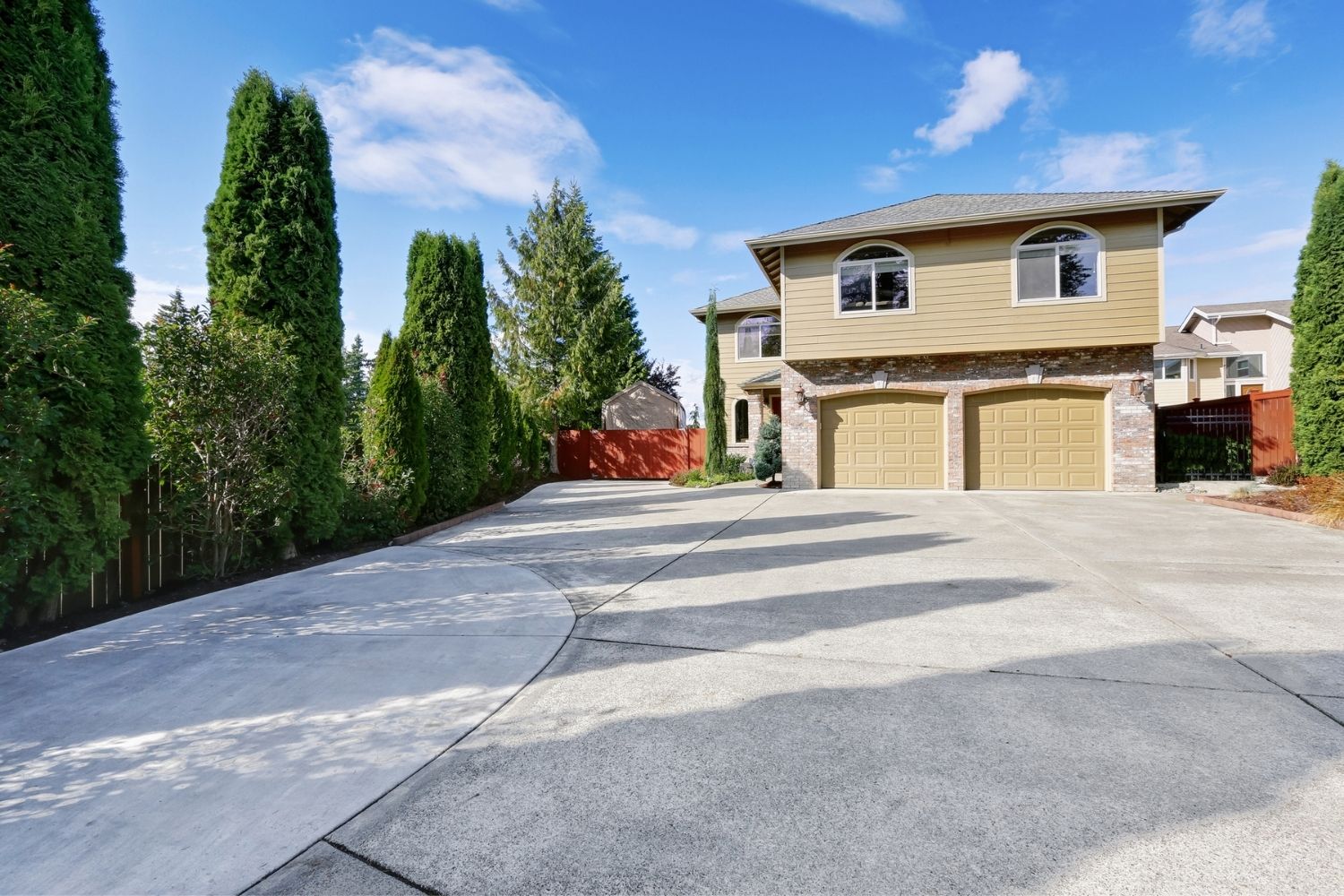
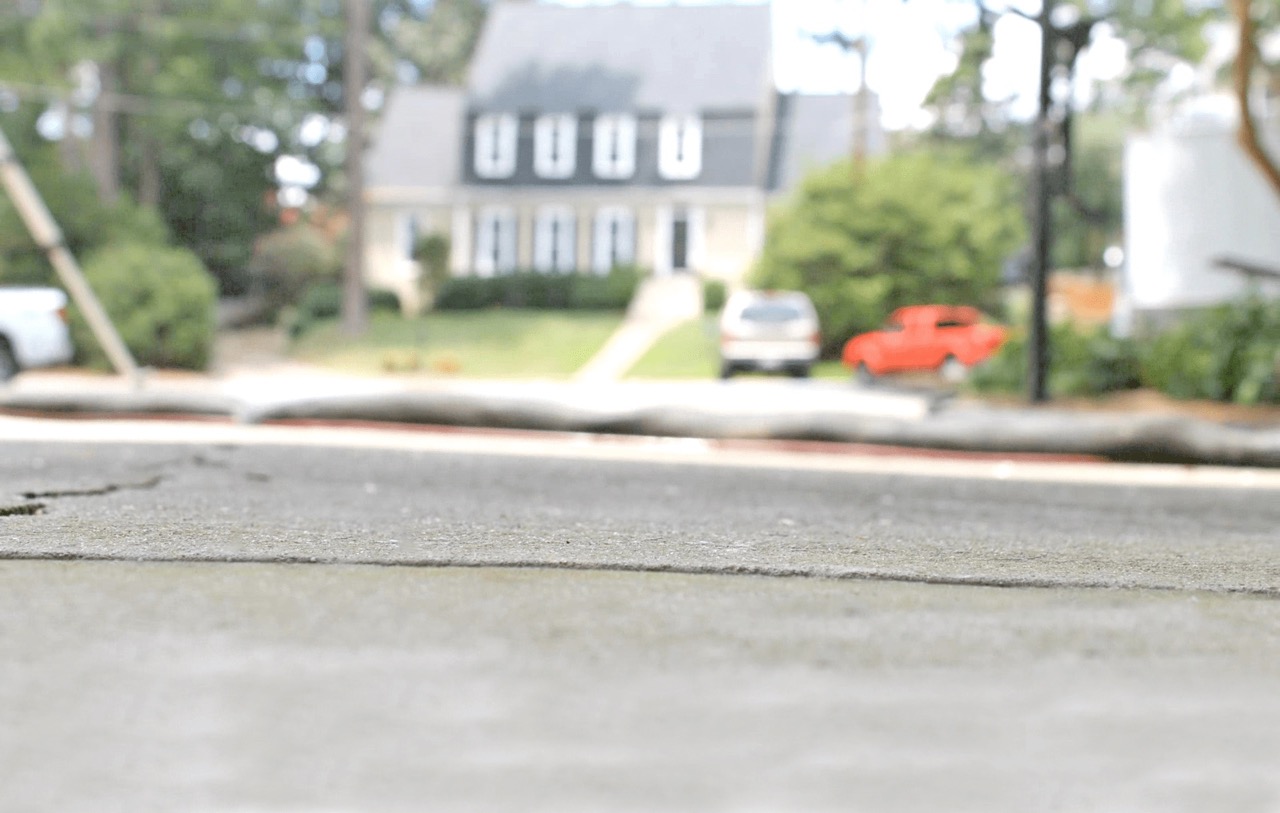
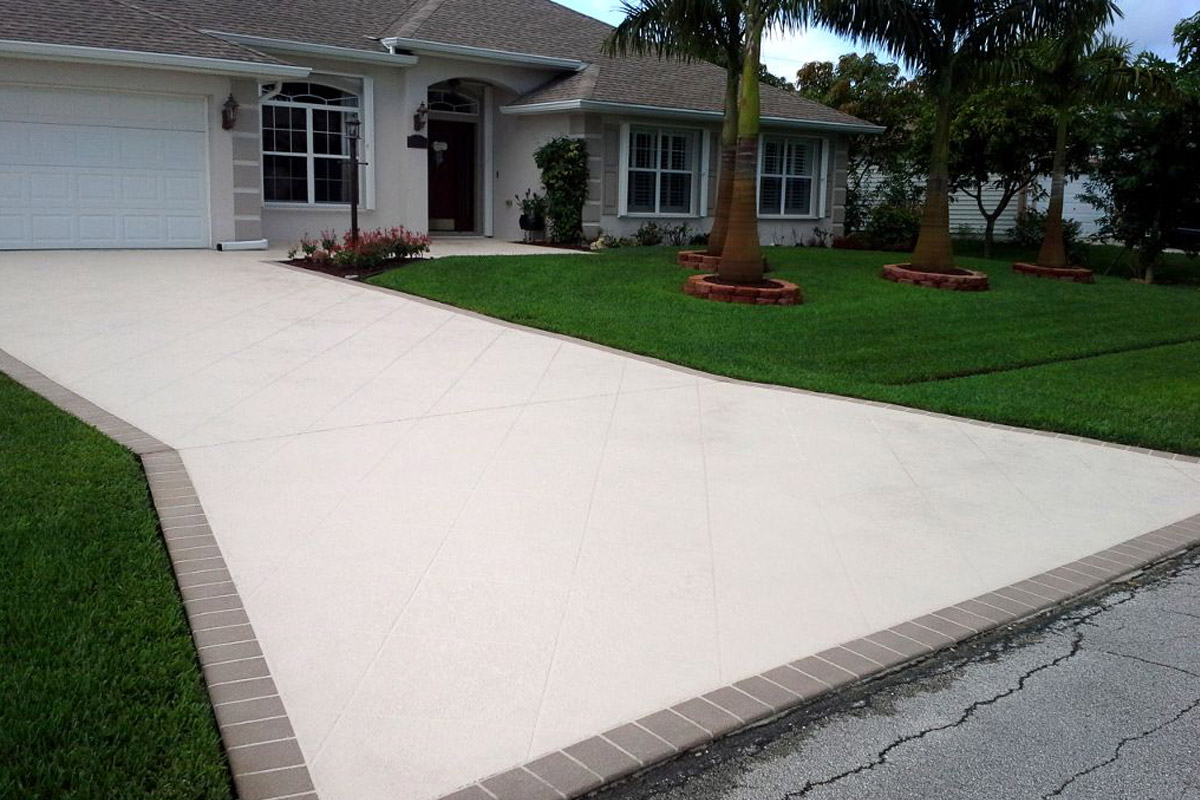
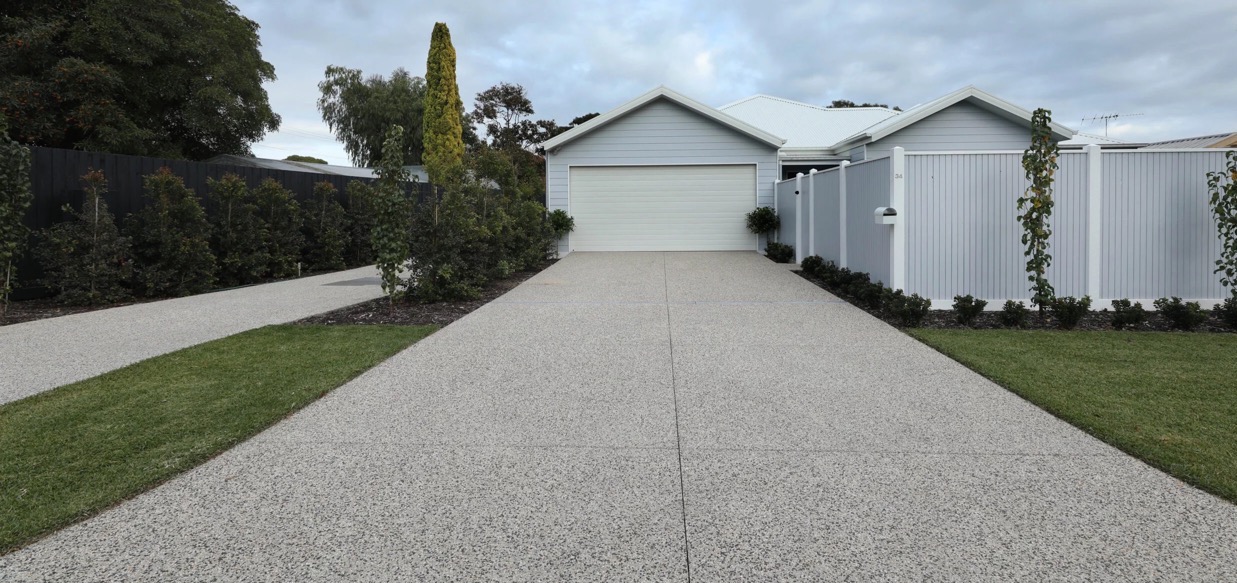
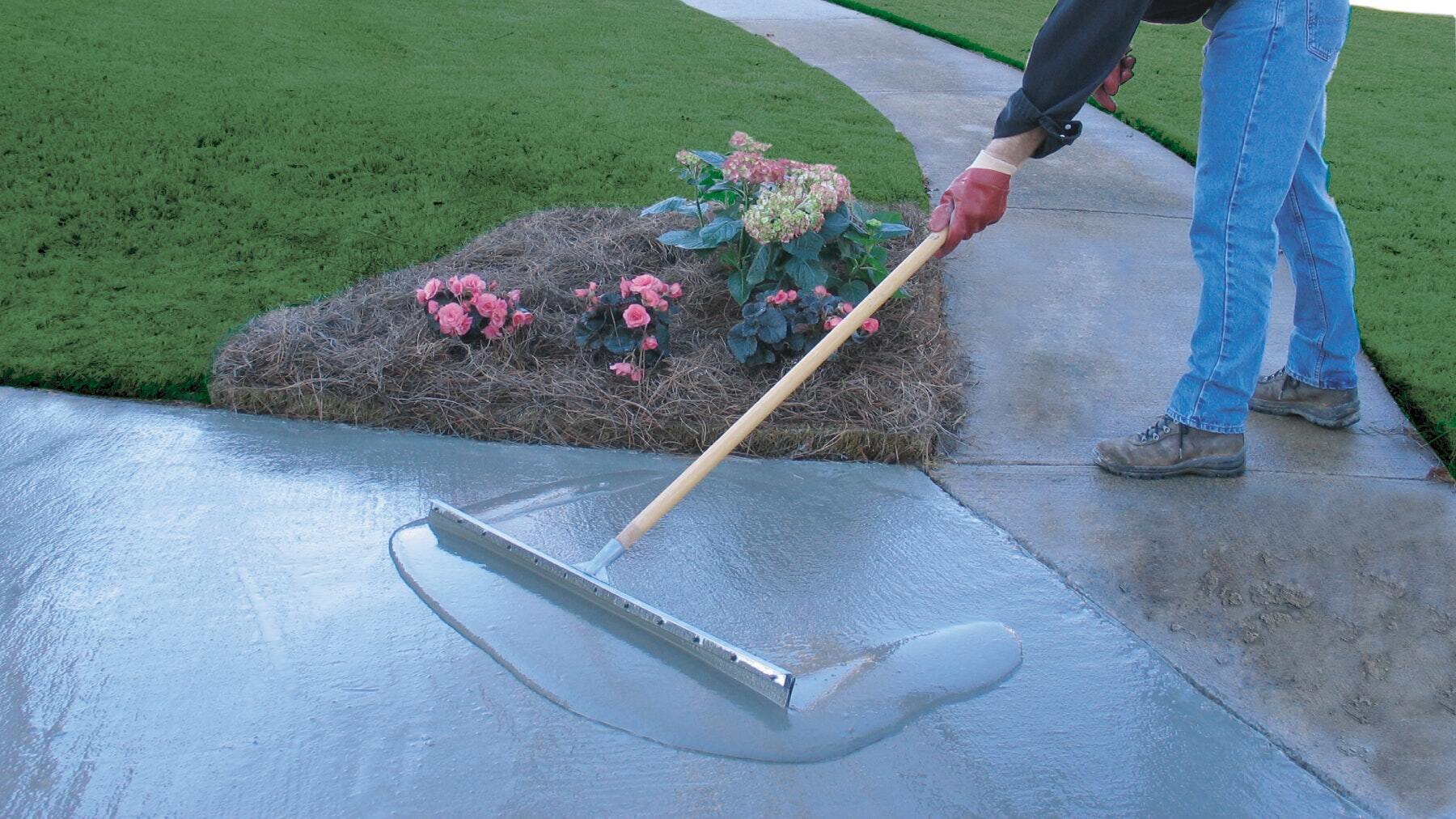
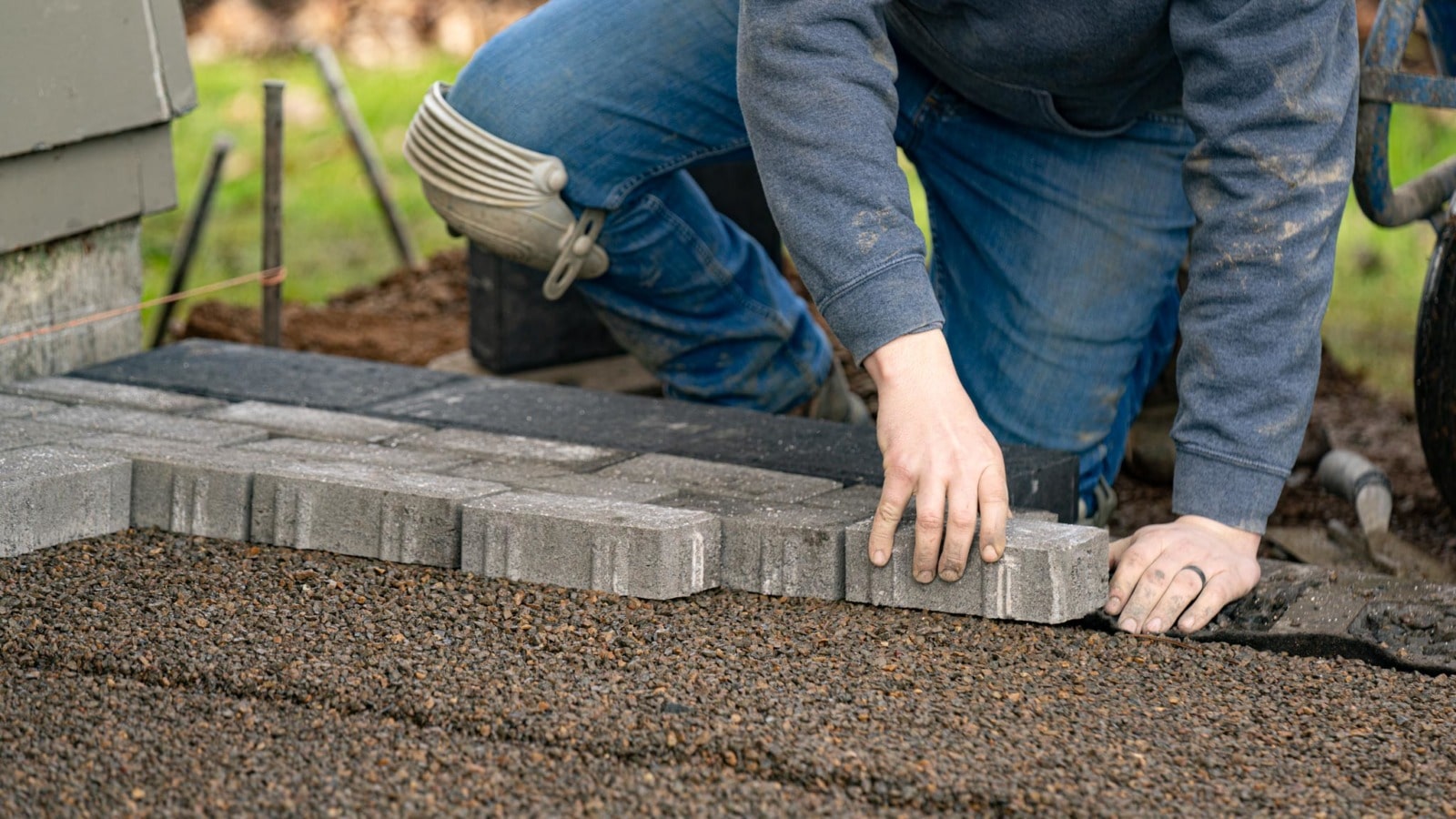
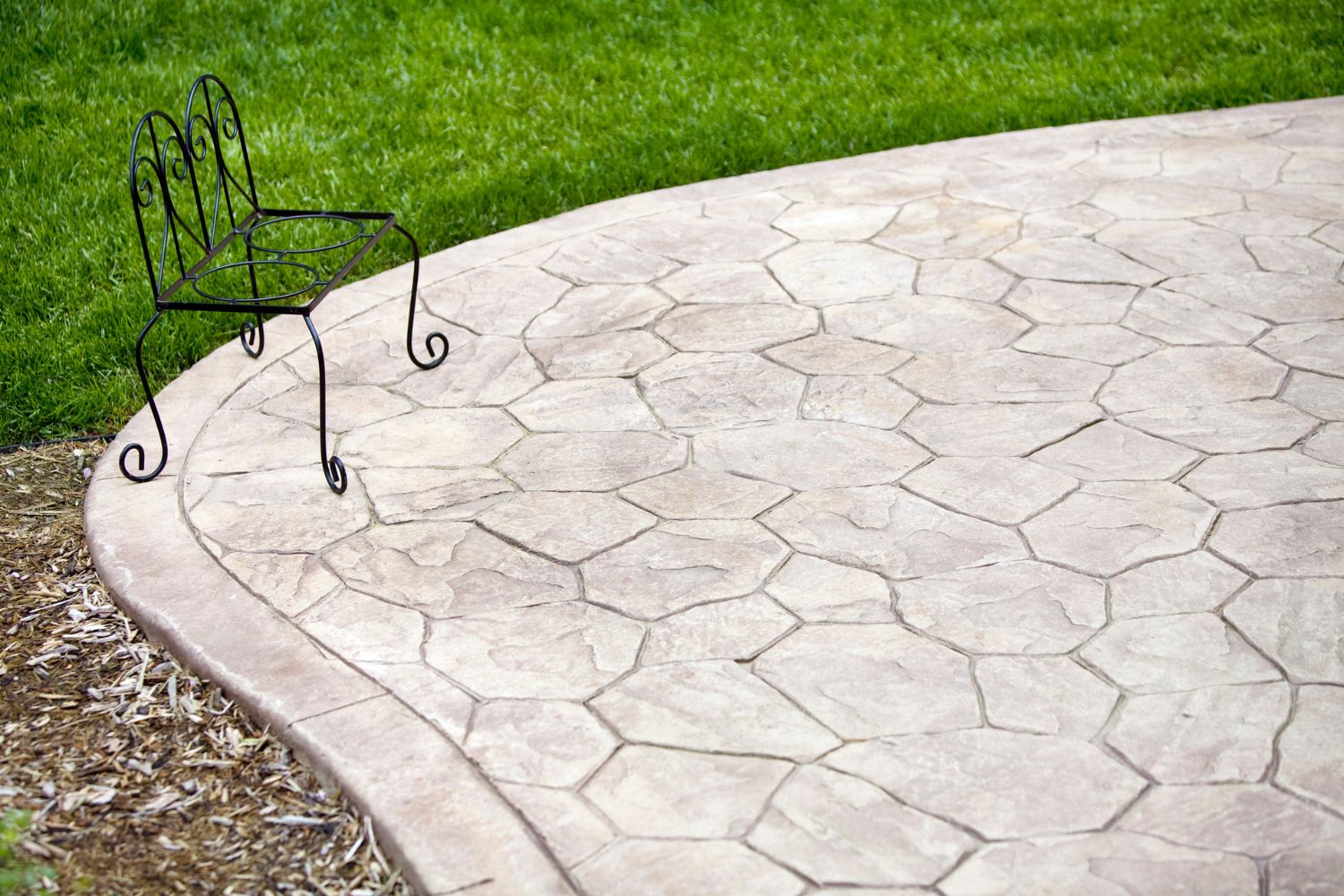
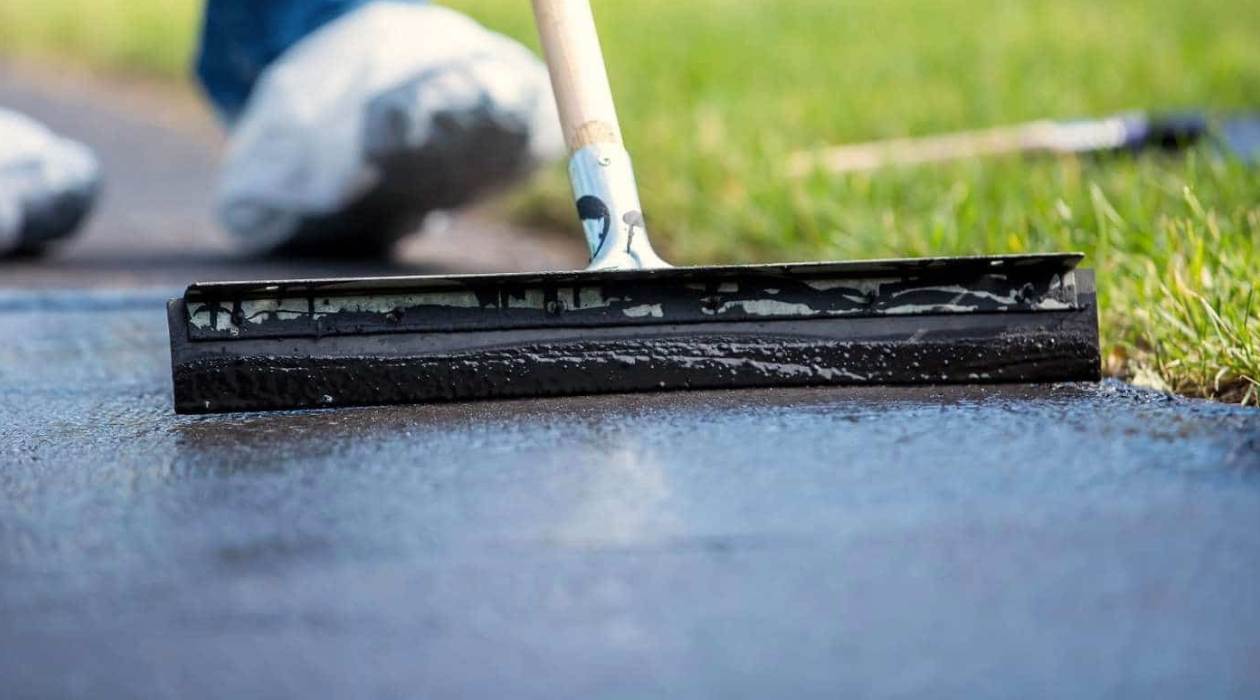
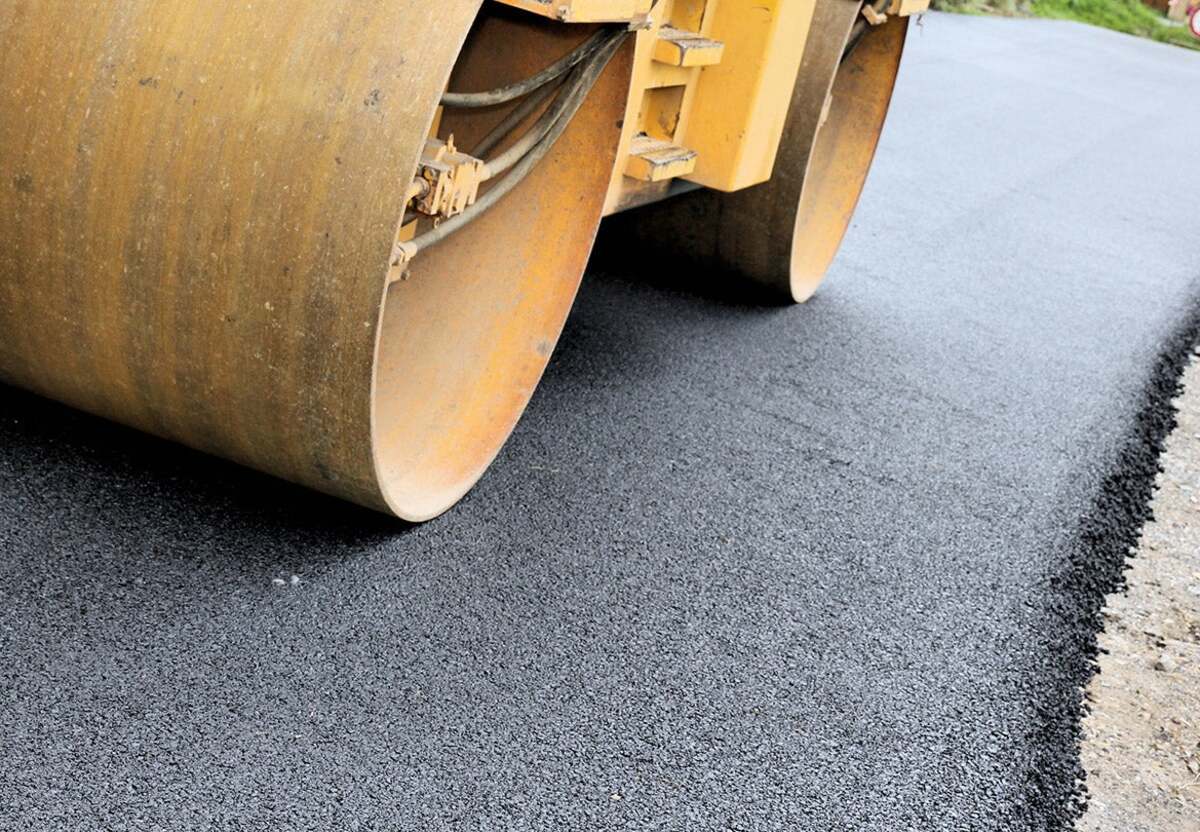
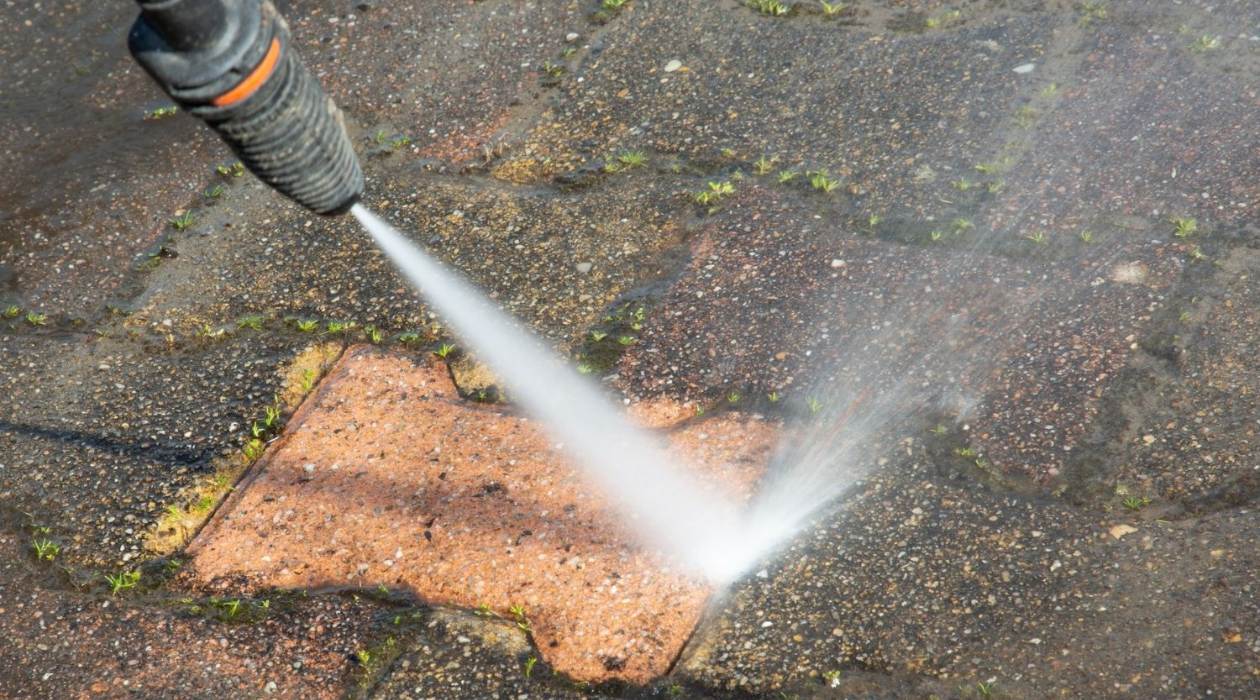
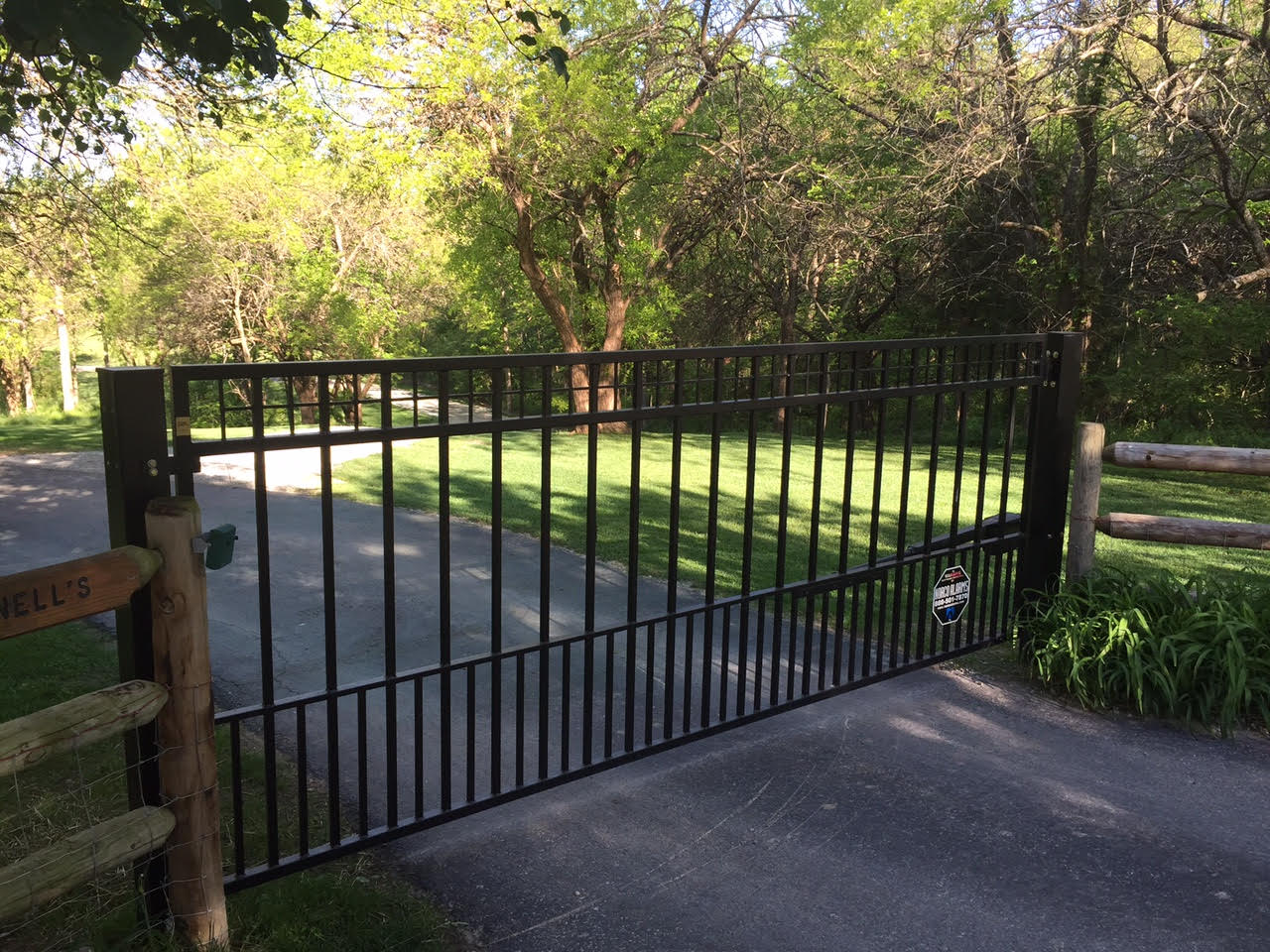
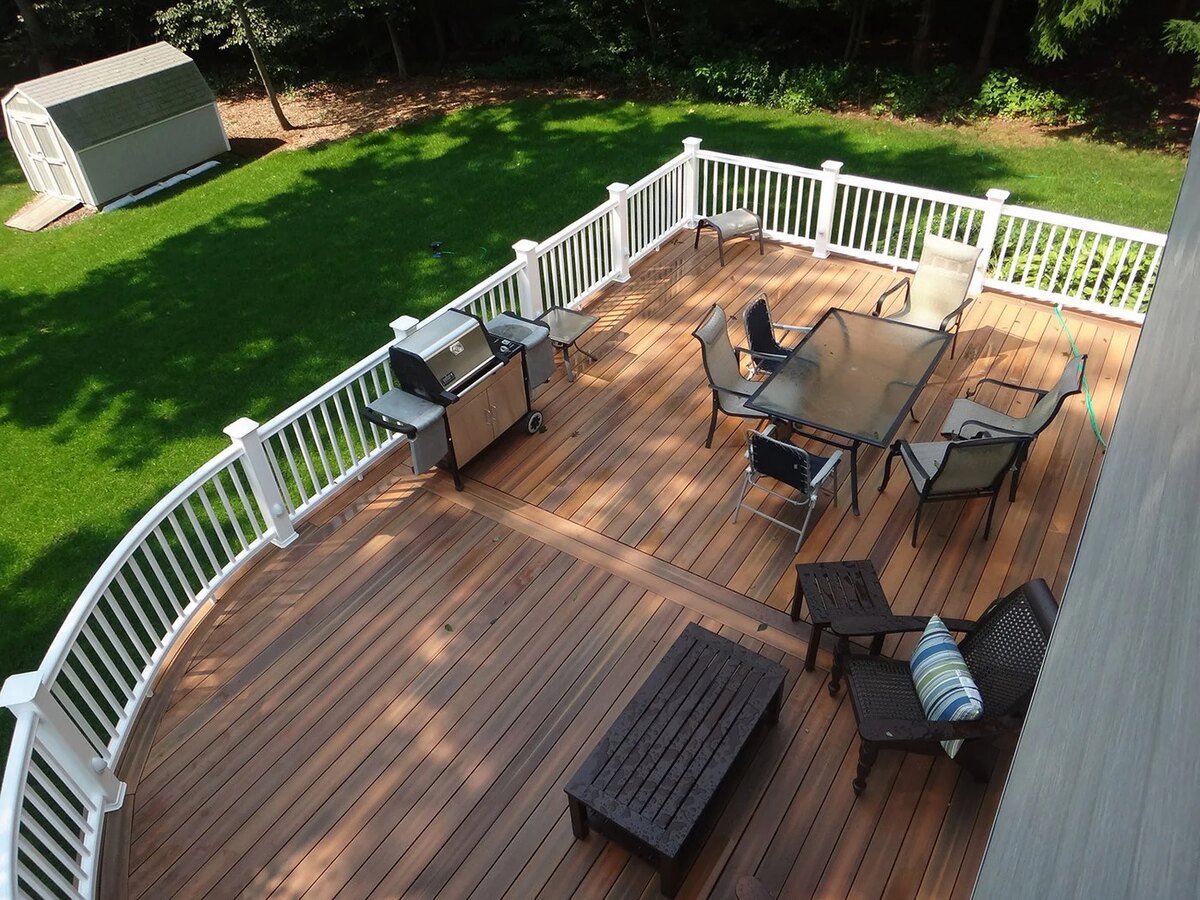

0 thoughts on “How Much Does It Cost To Pave A Driveway”